 AD
AD
Today is: December 28
Scroll to explore events active on this date.
Additional Events on LEEP
LEEP INK FEATURES

2025 is the Year of...
21 Themes and 'Year of' Events for 2025 PART ONE, THE FIRST 12 Every year, various organizations announce the theme for the year. These themes can focus on causes, such as aesthetics and color tre...

Nuanced November 2024
November is the start of the holiday season in many parts of the world. It is a time for family, football, food, shopping and decorating, particularly in the Christian and Jewish world, leading to Christmas and...

December's Gift
Events in December 2024. Well, we made it to December. December is the holiday season, particularly in Western nations, where Christianity and Judaism are the faiths most common in the nation's past. ...
About National Slam the Scam Day
Safety & Security , Technology & Telecom
United States
Ends: Mar 06, 2025
DESCRIPTION:
National Slam the Scam Day is an initiative of the US Social Security Administration (SSA) warning the public about various scams targeting Social Security beneficiaries and others. These scams come in various forms, but they all aim to obtain personal information or money from unsuspecting victims.
One common scam involves impersonating SSA employees who call or email people and claim a problem with their Social Security account. The scammers may threaten to suspend or cancel the person's benefits if they don't provide personal information, such as their Social Security number or banking information. The SSA emphasizes that they will never call or email individuals asking for this information; people should never provide it over the phone or online.
Another type of scam involves fraudsters sending letters or emails to people, claiming they have won a Social Security award or have a cost-of-living adjustment increase. The message may ask the person to pay a fee or provide personal information to claim the prize or adjustment. The SSA advises people to ignore these requests and report them to the agency's Office of the Inspector General.
Scammers may also use robocalls to trick people into giving out personal information or money. The calls may claim to be from the SSA or other government agencies, and they may threaten legal action or arrest if the person does not comply with their demands. The SSA advises people to hang up and report these calls to the agency.
Additionally, some scammers may create fake websites or emails that appear to be from the SSA or other government agencies. These websites may ask people to enter personal information or download malicious software that can steal their information. People should always be cautious when entering personal information online and only use trusted websites.
The SSA also warns about scams related to COVID-19, such as fake Social Security Administration COVID-19 grant offers or fake COVID-19-related websites or emails. These scams prey on people's fears and vulnerabilities during the pandemic and may ask for personal information or money to access supposed benefits or assistance.
Slam the Scam Day began in 2020 as part of the broader Federal Trade Commission's National Consumer Protection Week.
VIDEOS
SUPPORTING DOCUMENTS
Currently, this event does not have supporting documents.
ADDITIONAL IMAGES
Currently, this event does not have supporting images.
Where would you like to go now?
 AD
AD





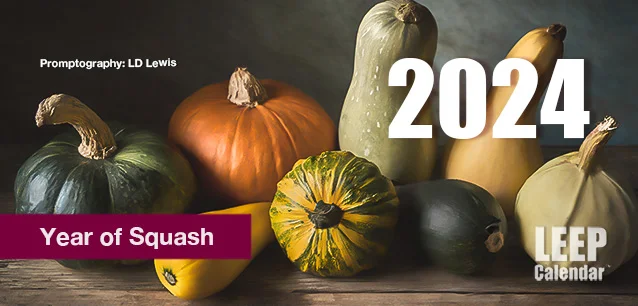

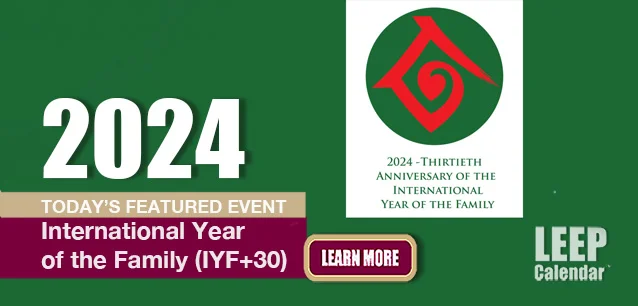
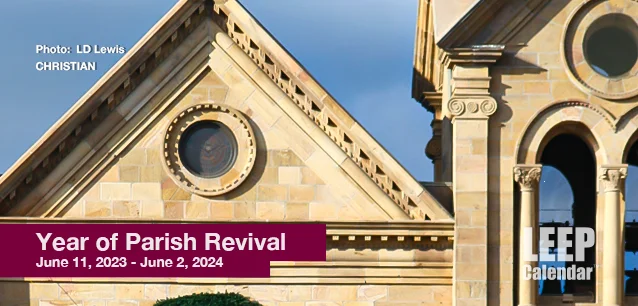































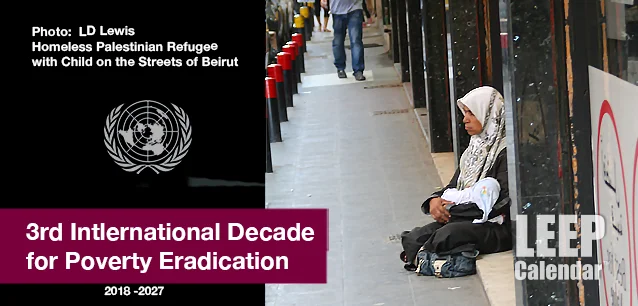



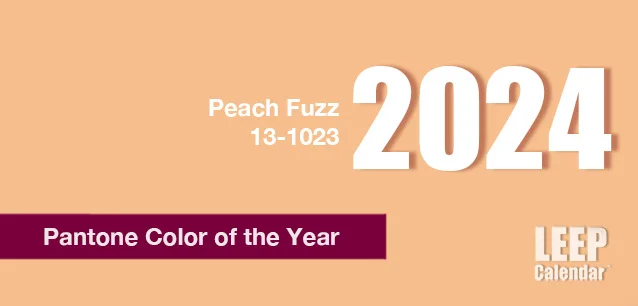




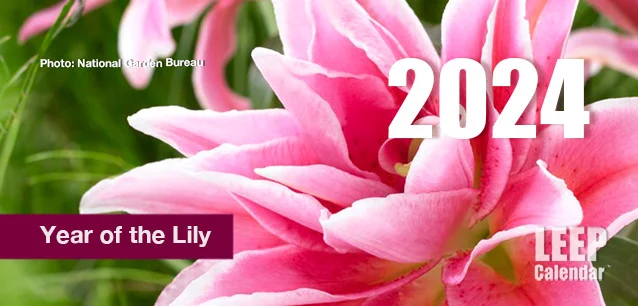

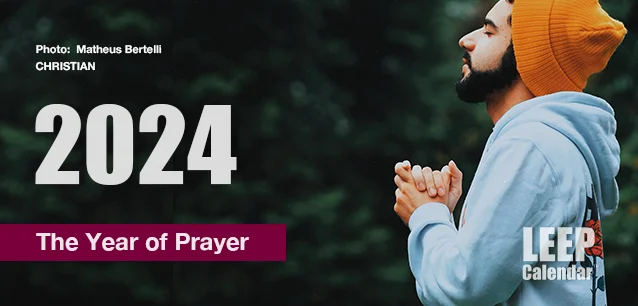









/footer-logo.svg)
